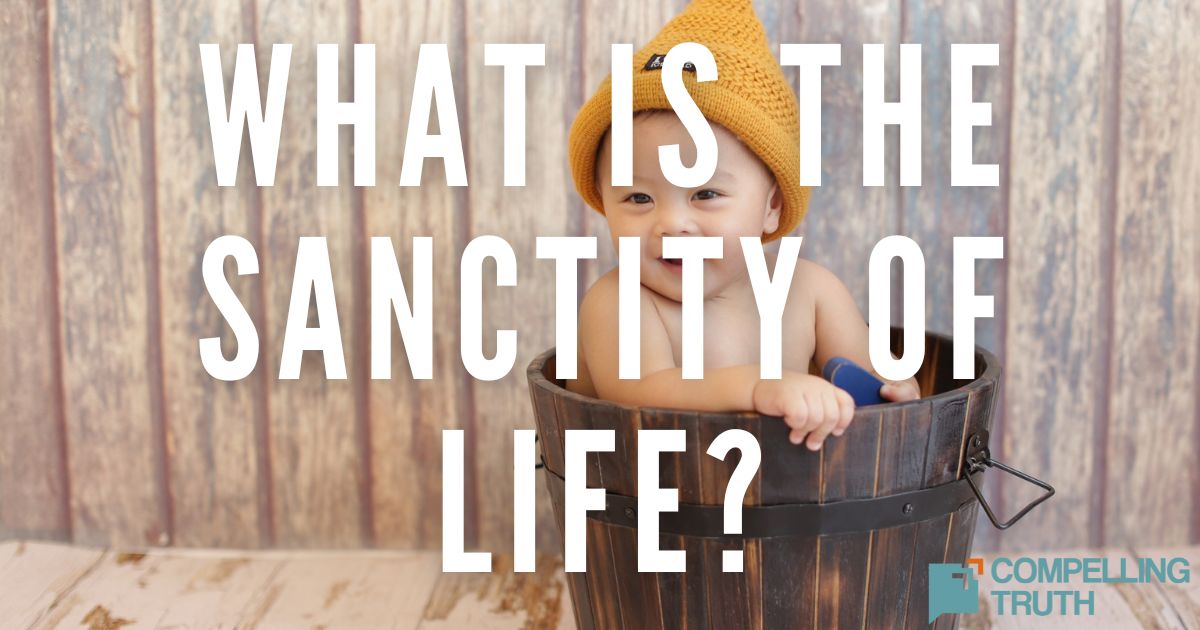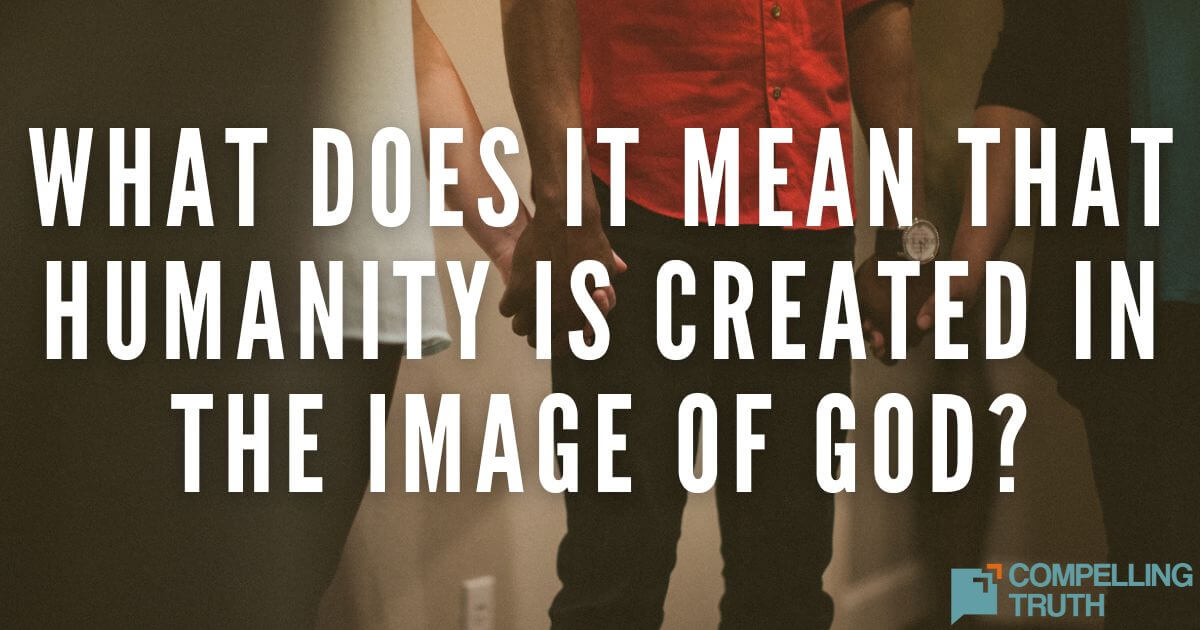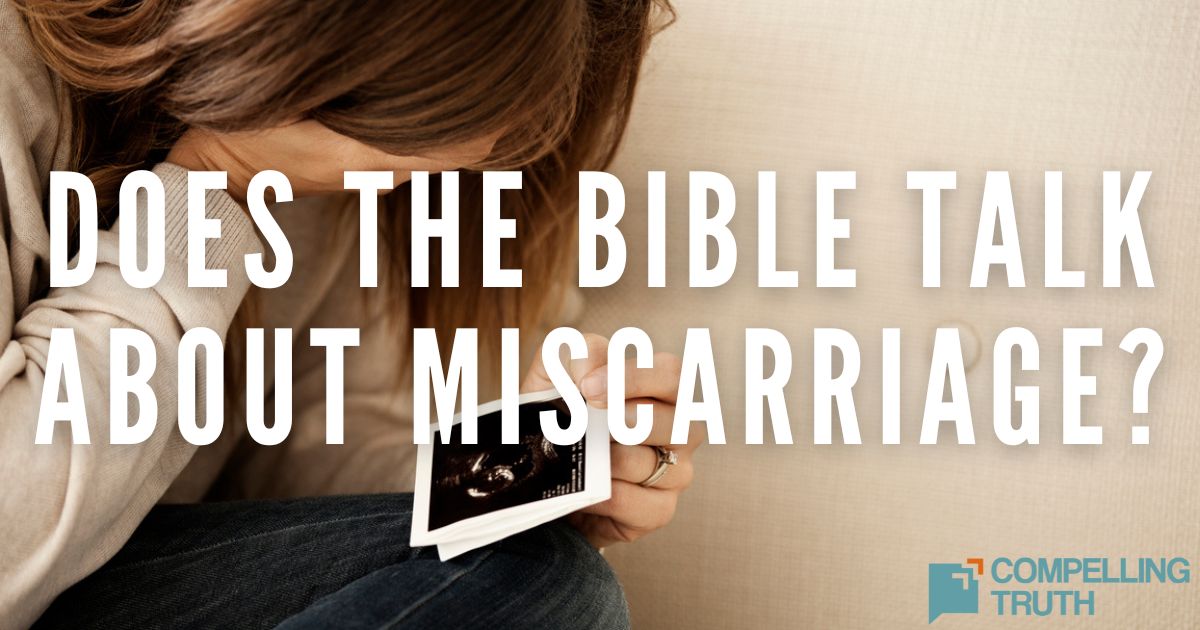The Bible presents pregnancy as a sacred and miraculous gift from God—a visible expression of His creative power and love (Psalm 113:9). From the opening of the womb to the forming of life within it, the Bible shows that God is intimately involved in every stage of human development, shaping each person with intention and purpose (Psalm 139:13; Jeremiah 1:5). While the fall introduced pain and sorrow into childbearing (Genesis 3:16), pregnancy remains a sign of divine blessing and favor (Genesis 4:1; Psalm 127:3-5), as God continues to bring new life into a broken world. The Bible also makes clear that unborn children are known and valued by God even before birth (Isaiah 49:1). Because of this, believers are called to celebrate pregnancy as a blessing as Sarah did with Isaac (Genesis 21:6-7), care tenderly for expectant mothers, and honor the Creator who knits every life together in the womb.
Because pregnancy is a blessing and we recognize God's hand at work to bring new life, we should be filled with joy and gladness and rejoice like Elizabeth's community when they learned of her pregnancy: "And her neighbors and relatives heard that the Lord had shown great mercy to her, and they rejoiced with her" (Luke 1:58). Elizabeth had waited a lifetime for a child, and baby John was the answer to many prayers.
However, the circumstances into which some babies are born could be a reason for grief and mourning. God calls us to not only "Rejoice with those who rejoice," but also to "mourn with those who mourn" (Romans 12:15, NIV). Even Jesus said, "Daughters of Jerusalem, do not weep for me, but weep for yourselves and for your children. For behold, the days are coming when they will say, 'Blessed are the barren and the wombs that never bore and the breasts that never nursed!'" (Luke 23:28-29). Depending on the circumstances surrounding the pregnancy, grief may be an appropriate response. However, it is a grief for the broken world into which the baby will be born, not grief that the baby exists. This creation of life is a miracle from God for which He should be exalted. It is not only a time to praise God for this blessing of pregnancy, but also an opportunity to show extra compassion and care toward the mother.
God paints a beautiful word picture about how He cares for His people like a shepherd cares for His sheep. He says, "He will tend his flock like a shepherd; he will gather the lambs in his arms; he will carry them in his bosom, and gently lead those that are with young" (Isaiah 40:11). God recognizes that pregnant and postpartum mothers are often tired, weak, and in need of gentle care. He extends this compassionate care to those who need it and invites His people to join Him in this ministry.




